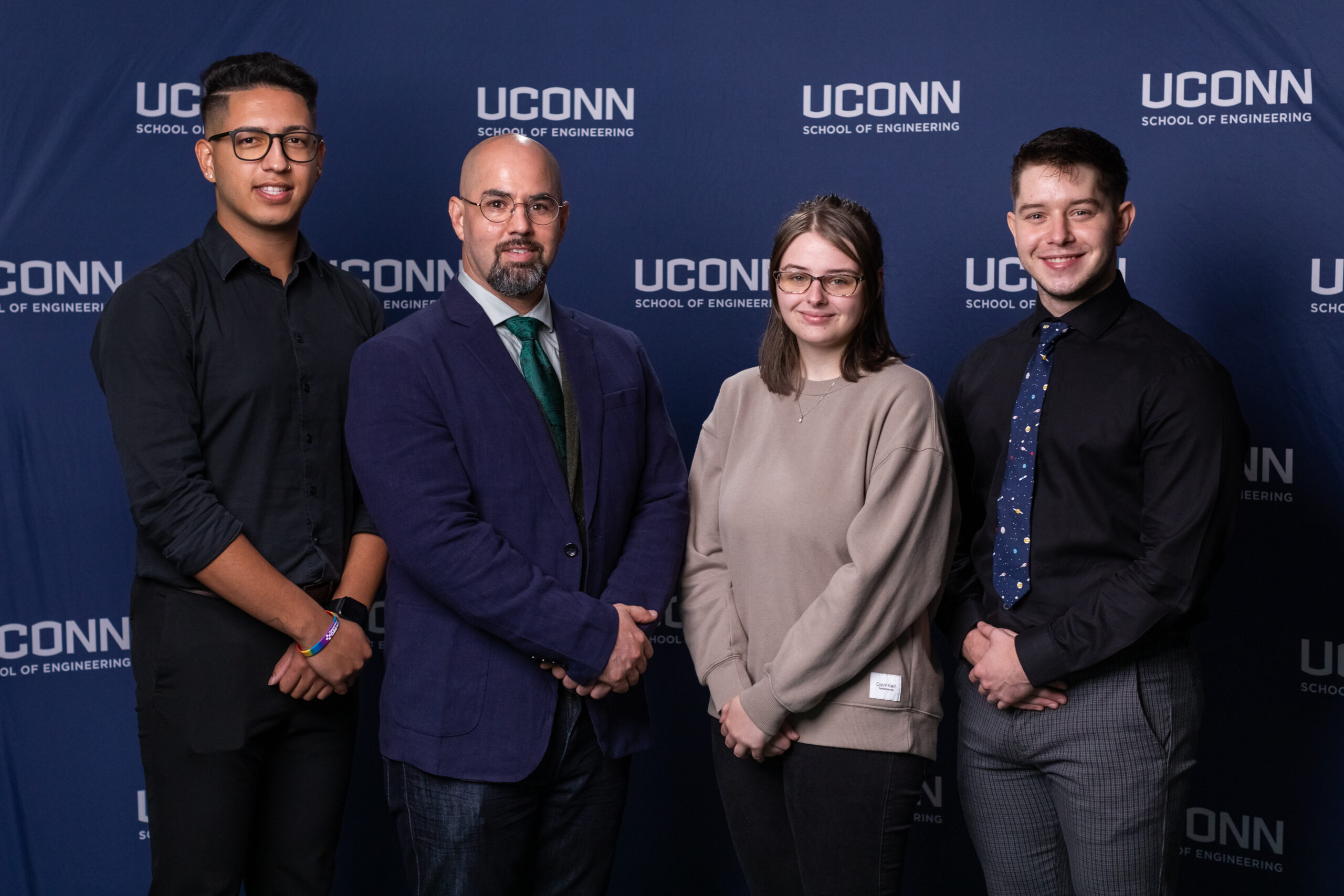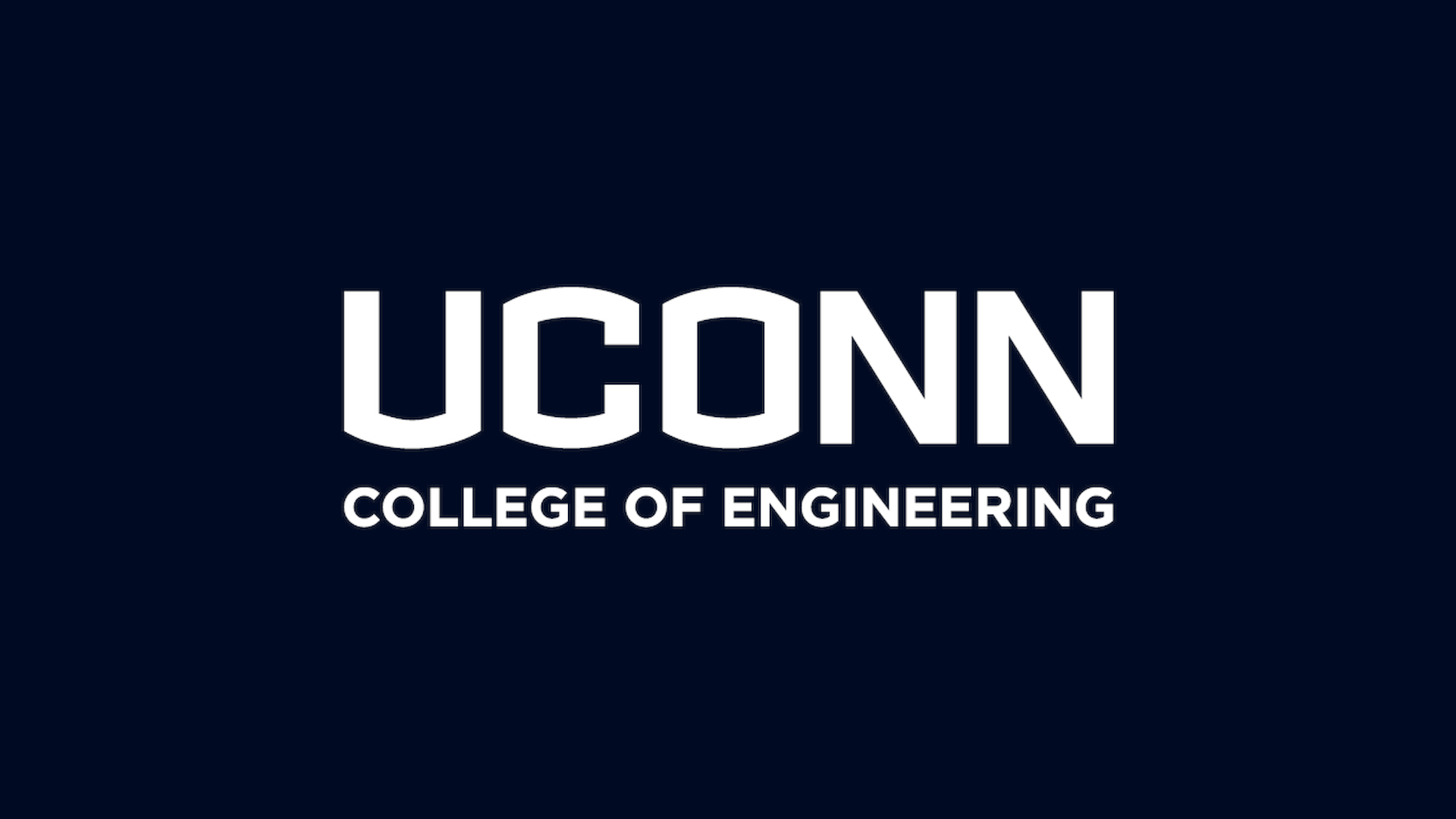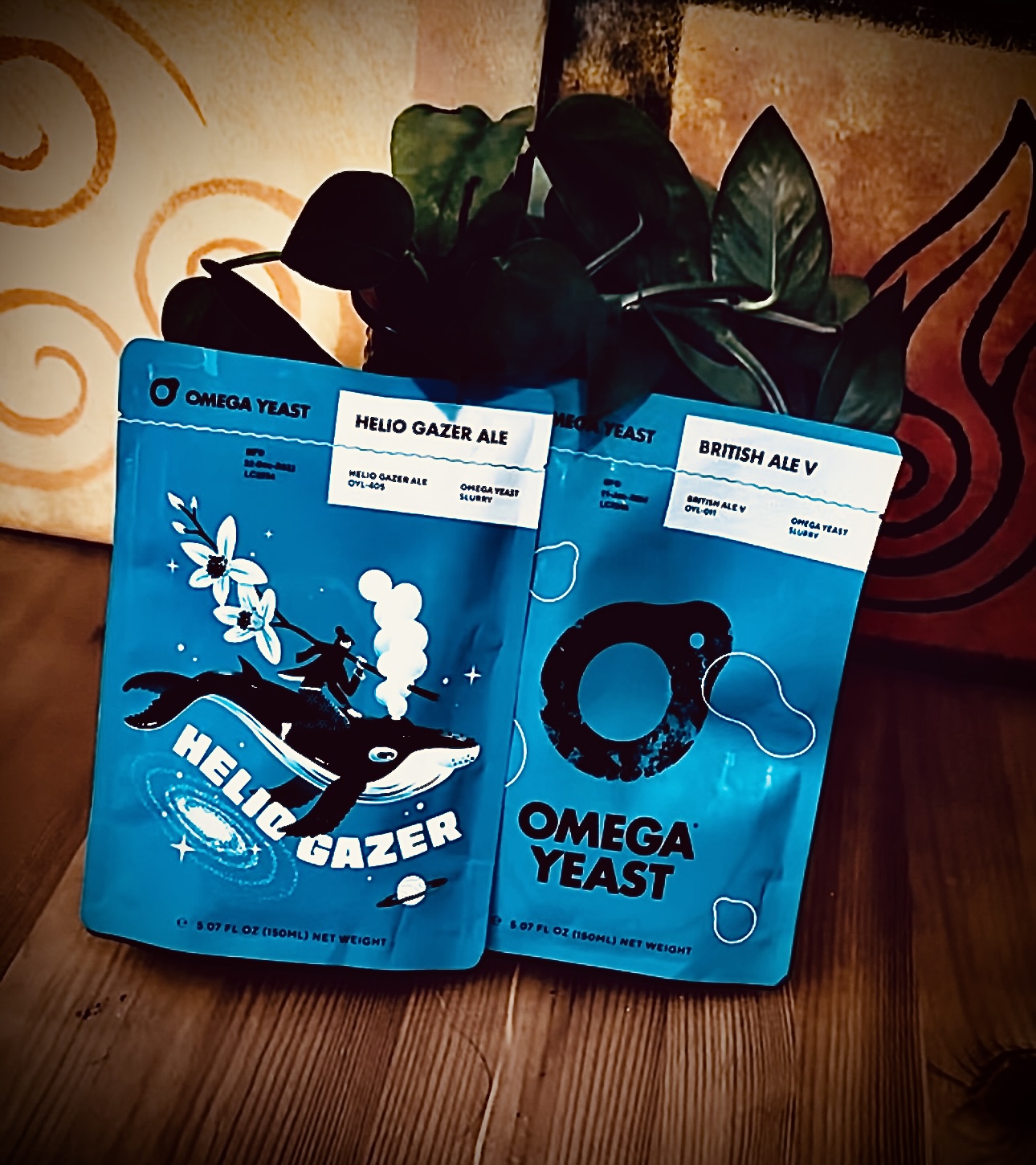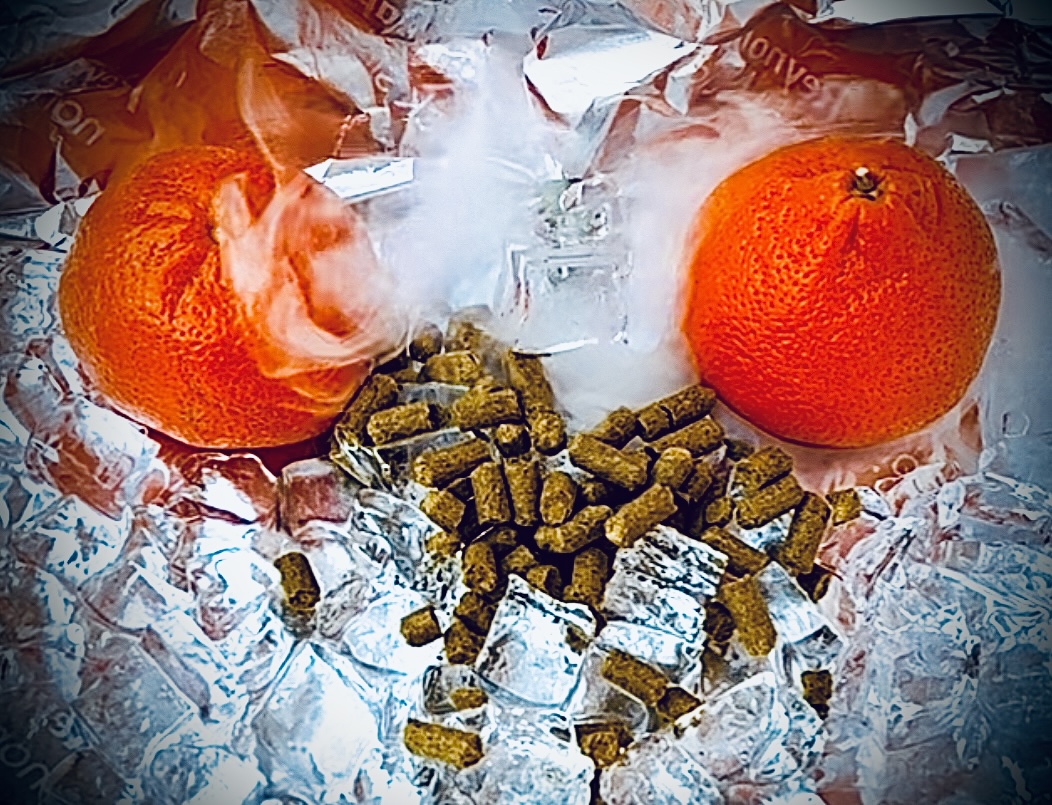

This video contains proprietary information and cannot be shared publicly at this time.
Figure 1

Figure 2

Team 1
Team Members |
Faculty Advisor |
Riquelmy Torres |
Dr. Jennifer Pascal Sponsor UConn School of Engineering |
sponsored by
Sponsor Image Not Available
Brewing Process Challenges
The UConn Brewing Innovation initiative centers on education, research, and community engagement. UConn Brewing Innovation is an interdisciplinary collaboration among the College of Engineering, the College of Agriculture, Health, and Natural Resources, and the School of Business. Community engagement factors into Connecticut’s local craft brewing industry with opportunities directly linked to UConn as a research institute. Reinheitsgebot, the German beer purity law was established in 1516 as a decree that nothing other than barley, hops, and water were to be used as ingredients. However, this has since been modified to include yeast, a once neglected ingredient, earning a generic moniker of brewer’s yeast. The goal of our senior design project is to enhance the brewing process by investigating the impact of thiolized yeast and cryogenic hops on efficiency. Volatile thiol precursors in barley and hops are extracted while heated with water. The liquid is separated from the mixture, and is called the wort. Yeast is then added to the wort for fermentation. Yeast cells import the thiol precursors and convert them into 3MH, which imparts tropical aromas and flavors, supporting novel recipe development. Hops is the advertised ingredient that is agriculturally intensive, and finicky. Cryogenic hops enhance the flavor and aroma compared to the same hop strain in its traditional form. Cryogenic hops allow brewers to efficiently dose large quantities of alpha acids and oils without introducing astringent flavors. The potential outcome from these technical solutions may improve efficiency, thus promoting economic growth by reducing cost of production and resources.
